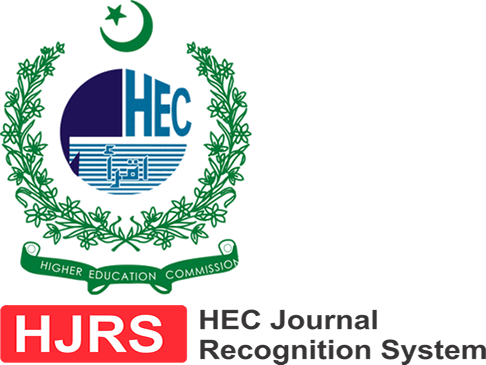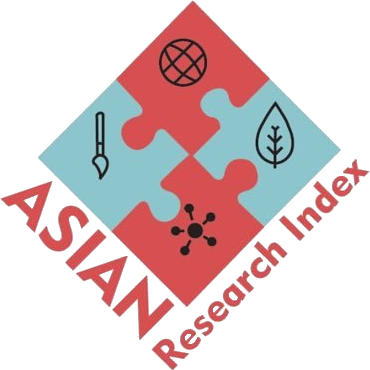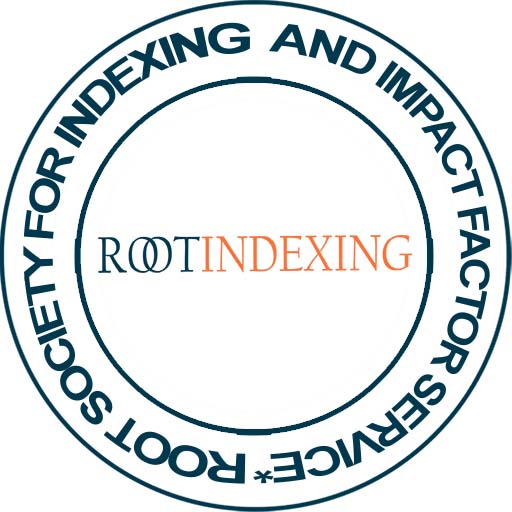عصری سماجی تفاعل میں درپیش تحدیات کے تناظر میں جنسی زیادتی کے عوامل کا تجزیہ اور اسلام
Analysis of factors of sexual abuse and Islam in the context of challenges faced in contemporary social interaction
DOI:
https://doi.org/10.5281/zenodo.7785106Keywords:
Sexual abuses, social issues, contemporary challenges, Islamic teachings, public problemsAbstract
When evil, obscenity, nudity sexism and use of female figures for commercial gains becomes a norm in any society then the collective consciousness of that society becomes dormant. This phenomenon can also be observed in our society where numerous cases are surfacing on daily basis and everyone feels unsafe and threatened. Whenever our women, girls and children go out one we are concerned about their security and safety. The collective consciousness of any society can not only put a barrier against such evils but also can help in uprooting it. Now it is the duty of different elements of the society, like teachers, traders, lawyers, doctors, engineers and other people of power circle to forget their political and idealogical differences and join their hands to eradicate the evil of obscenity and nudity for the safety of their women , girls and children. And this can be possible if we understand the real causes of the sexual abuse and isolate the reasons for moral degeneration in our society. Some of the important reasons for such moral decay are the violation of Islamic system of Veil or Parda, difficulties in arranging marriage or Nikah, prevelance of nudity and obscenity, atheism and secularism, co education and misuse of modes of communication and spread of Un Islamic traditions. Until and unless, these factors and traditions are not eradicated from our society it would be difficult to keep honor and dignity of our society safe and sound.

Downloads
Published
How to Cite
License
Copyright (c) 2022 AL MISBAH RESEARCH JOURNAL

This work is licensed under a Creative Commons Attribution 4.0 International License.
AL-MISBAH Research Journal is full open access and licensed under Creative Commons Attribution 4.0 International License; and Published by: Research Institute of Culture & Ideology (REINCI), Islamabad, Pakistan. This allows the research community and the general public to gain unlimited, free and immediate access to scholarly articles, and to reuse the content freely provided that proper attribution is given to the original authors.









